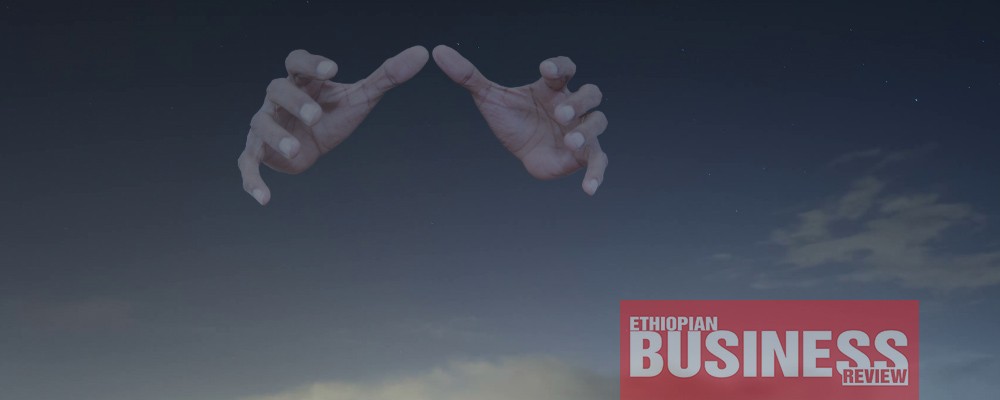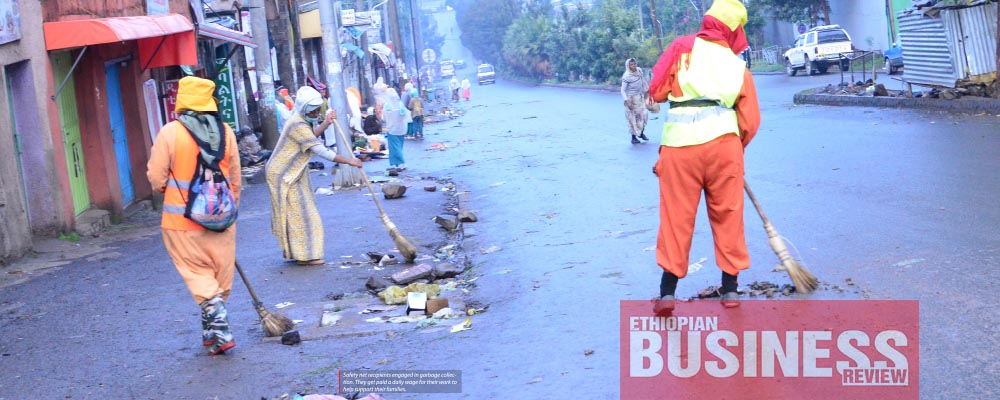The mission of the United Nations to end extreme poverty is unlikely to be met, largely due to the growth in food insecurity in developing countries, according to the World Poverty Clock, a data lab created by a Vienna-based NGO last year. Based on targets set by the UN almost twenty years ago, about 83 million people should have been lifted out of poverty by now.
The Rise of A Shadow Government
State capture refers to systematic high level political corruption that establishes a hidden political regime at odds with the constitutional purpose of the state, by capturing politicians and parties, journalists and the media, the police as well as key state institutions such as the legislature, the executive, the judiciary and regulatory agencies in order to protect and to benefit its own private interests. Although state capture is a concept that has received extensive attention principally in the post-communist states of Eastern Europe and Latin America, it has also found its way into Africa’s political discourse in recent years. In fact, the influence of state captors is growing in developing countries. Ethiopia is no exception, as evidenced by the mismanagement of massive mega projects and numerous corruption scandals as well as political persecution, especially in recent years. EBR’s Samson Hailu investigates the extent of the phenomenon in Ethiopia.
Peter M. Sullivan has been the managing Director and head of the Public Sector Group for Africa at Citi Bank since 2007. The Public Sector Group is committed to facilitating global best practices and success transfers among its client base including central banks, multilateral development banks and sovereigns.
Peter, who is responsible for developing business and structuring and delivering product solutions for sovereigns, state-owned enterprises and multilateral institutions in Sub-Sahara and North Africa, has 27 years’ experience in the banking industry with Citi including the coverage of Global Financial Institutions, Industrials and Sovereigns.
Lately, decorating outdoor patios with greenery is becoming a common trend especially in Addis Ababa, a city that is home to almost a million households. As a result, individual property owners and real estate developers as well as hotels and government institutions, are increasingly becoming a customer of nurseries. EBR’s Tiruneh Assefa explores how these factors changed plant and garden businesses, dynamically.
What is the way Out?
In recent years, Addis Ababa has been increasingly affected by flooding due to its vulnerability to rainfall and flash floods. The vulnerability to flooding has been further aggravated due to a poor drainage system, rapid urbanization and climate change, which have lead low-income communities to settle in flood-prone areas. EBR’s Ashenafi Endale explores the extent of the damage as well as what the government is doing about it.
Starting around ten years ago, Ethiopian-made leather footwear has become increasingly more popular. From children to youths, many people are now increasingly seen wearing locally made footwear. In spite of its popularity, footwear has recently became very costly for users, primarily because the price of soles for shoes has increased. Most soles are imported from abroad. Although there are four local companies that manufacture soles, they are still unable to produce soles in bulk to satisfy the demand, as EBR’s Tiruneh Assefa reports.
Is it the Magic Bullet for Africa’s Industrialization?
The African Continental Free Trade Area (ACFTA) was signed by 44 African countries, including Ethiopia, in May 2018, and will cover a market of 1.2 billion people and a gross domestic product of USD2.5 trillion once it is implemented. In terms of numbers of participating countries, ACFTA will be the world’s largest free trade area since the formation of the World Trade Organization. The creation of a free trade area is expected to boost the current intra-Africa trade, which stood at 13Pct. Although officials stress that it will be a beneficial for Ethiopian goods to penetrate other African markets, many are concerned over the competitiveness of the private sector in the local market, let alone outside the country. EBR’s Ashenafi Endale reports.
“An investment in knowledge pays the best interest,” wrote Benjamin Franklin. A fervent advocate for public education, and a founder of libraries, schools, and the University of Pennsylvania, Franklin viewed education as the foundation of human progress. If he were alive today, he would be horrified by the state of education in developing countries – and he would most likely be backing the International Finance Facility for Education (IFFEd) proposed by the International Commission on Financing Global Education Opportunity, led by former British Prime Minister Gordon Brown.
The current democratic movement that has engulfed Ethiopia must be supported by economic reforms and democratic system. The two are intimately connected: you can’t have one without the others. Democracy is the best form of government for economic progress. But if the economy is not improving, the flag-bearers of democracy among the populace will make U- Turn. The Ethiopian youth do not “eat democracy”; at the end of the day they need jobs, income, food and housing for themselves and their dependants.
For a long time, rural poverty has been a big concern in Ethiopia. Compared to rural standards, the urban population, which was estimated at over 20 million last year, might live in better conditions. But, recently, poverty among the urban population reached a point where it can be considered a crisis. Due to this, the World Bank, in partnership with the Ethiopian government, implemented the first Urban Productive Safety Net Program last year, at a cost of USD450 million, to reduce urban poverty. EBR’s Samson Berhane evaluates the success of the program.









